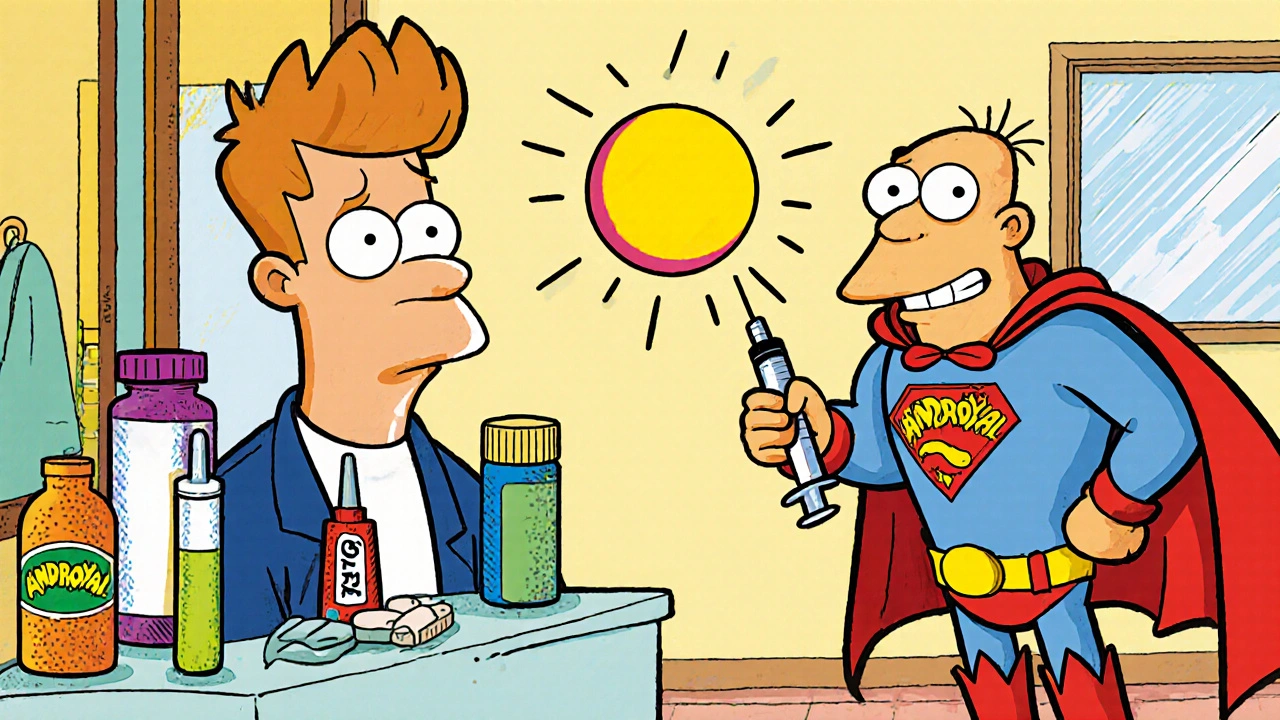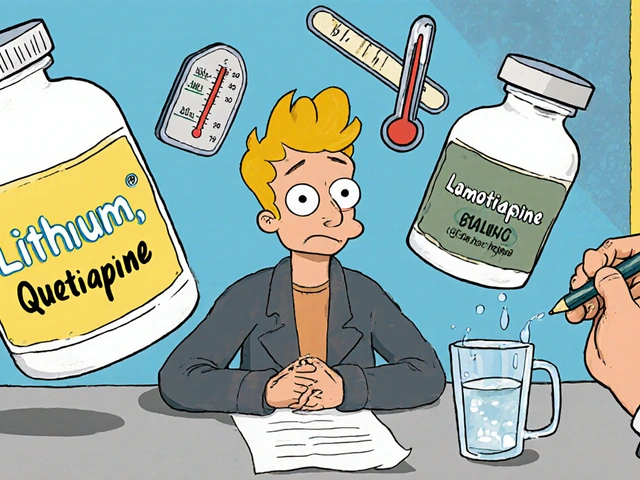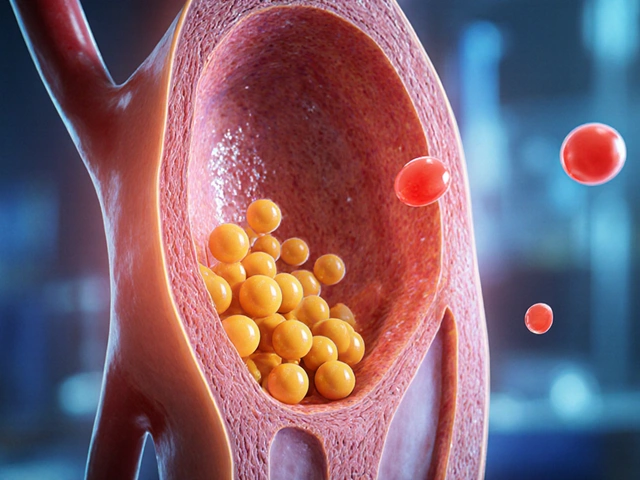Testosterone Booster: What Works, What Doesn't, and What to Avoid
When you hear testosterone booster, a supplement or product marketed to increase male hormone levels. Also known as male hormone support, it's often promoted as a quick fix for low energy, poor muscle gain, or reduced libido. But not all boosters are created equal—some work, many don’t, and a few can even hurt you. Testosterone isn’t just about muscle or sex drive. It affects your mood, bone density, red blood cell production, and even how you handle stress. If your levels are truly low, no pill can replace proper diagnosis and medical care. But if you’re looking to support healthy levels naturally, knowing what’s real and what’s hype matters.
natural testosterone, the body’s own hormone production supported by lifestyle and nutrition is the foundation. Sleep, strength training, and vitamin D are proven to help. Zinc and magnesium? They show up in many boosters for a reason—they’re involved in hormone synthesis. But don’t expect magic. A study in the Journal of the International Society of Sports Nutrition found that most herbal blends had no measurable effect on testosterone in healthy men. The real boost comes from lifting heavy, sleeping 7+ hours, and cutting back on sugar and alcohol.
low testosterone, a medical condition diagnosed through blood tests and symptoms like fatigue, reduced muscle mass, and decreased sexual desire isn’t something you fix with a capsule. If you’re consistently tired, losing muscle, or struggling with focus, see a doctor. Many men self-diagnose and waste money on products that do nothing. Even worse, some boosters contain hidden steroids or hormone disruptors that can crash your natural production long-term. The FDA has warned about products labeled as testosterone boosters that actually contain unapproved drugs—sometimes with dangerous side effects.
What about hormone support, a broader category of supplements aimed at balancing the endocrine system? These can include ashwagandha, fenugreek, or D-aspartic acid. Some have modest evidence in specific groups—like older men or those with nutrient deficiencies. But if you’re young and healthy? The benefit is tiny at best. And if you’re taking other meds—like statins or blood pressure drugs—some herbs can interfere. That’s why you’ll see posts here about drug interactions, like how grapefruit affects simvastatin or how PPIs weaken clopidogrel. The same caution applies to supplements. What you take to boost testosterone might quietly mess with something else.
You’ll find real-world advice here—not marketing fluff. We cover what’s been tested, what’s risky, and what’s just a placebo with a fancy label. No vague promises. No "miracle blend" claims. Just clear facts about what actually moves the needle and what you should skip. Whether you’re trying to feel more energetic, recover better from workouts, or just understand why you’re not feeling like yourself, this collection gives you the tools to make smarter choices. No guesswork. No scams. Just what works, what doesn’t, and why.




